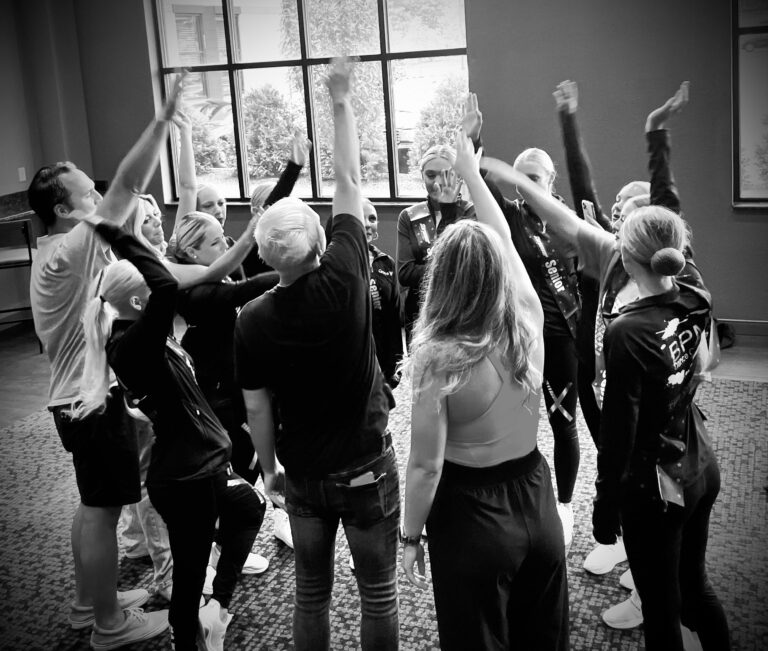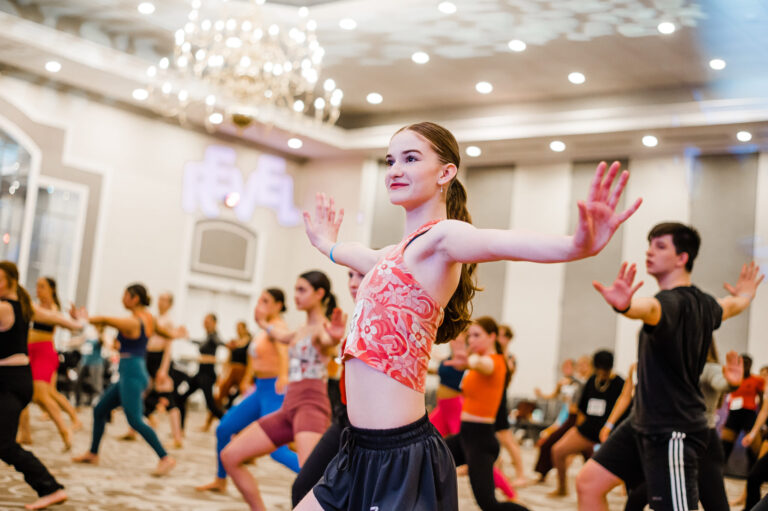
“So why did you quit?”
It’s a question I’ve been asked hundreds of times since I stopped dancing over a decade ago. My answer has changed over the years as my own understanding of what led me to walk away from greatest love of my life has become clearer.
“I had some injures,” I would mutter nervously for the first few years. This seemed like the answer people understood most. Then it became, “I was just not very happy.” Finally, as I passed into my 30s, I began telling the uncomfortable truth: “I quit dancing because of untreated depression.”
It makes sense that people ask me “why?” I was a promising student. I left my family in upstate New York at 14 to train in the highest levels of Pittsburgh Ballet Theatre, and then San Francisco Ballet School. I spent my summers at the School of American Ballet and the Chautauqua festival program. I can say now what I was incapable of seeing then—I was a good dancer.
But I was never a confident dancer. I relied heavily on the praise of my teachers and casting to feel my self-worth. And over time, the micro-failures that dancers must overcome each day started to chip away at me. In my last year at SFBS, I would routinely cry in the studio. A missed pirouette or a class where I felt invisible to the teacher would completely dismantle me. Concerned teachers would stop me in the hallway with words of support, but my grit was too far gone.
Advice For Teachers and Directors
- Teach your dancers to treat their mental wellness with the same care that they do their physical wellness. Break the stigma. Share your own experiences and give them permission through your acceptance to seek help when they need it.
- Do not reserve calling in mental health professionals for cases that involve eating disorders. There are a litany of issues that a dancer may face that are just as devastating to their health.
- If you are an institution for which dancers move away from home to train, you are responsible for their well-being. Build a close relationship with a psychologist who has spent time in the studio. The dancers should know who that person is, have met them multiple times, and know how to reach them directly.
- Even if you are a small school, do some research on the mental health offerings in your area. Meet the psychologists and explain the specific challenges that dancers face.
- If a once-driven student seems like they are trying less hard, skipping classes or acting lazy in class these are signals that something is wrong. Don’t give up on them.




